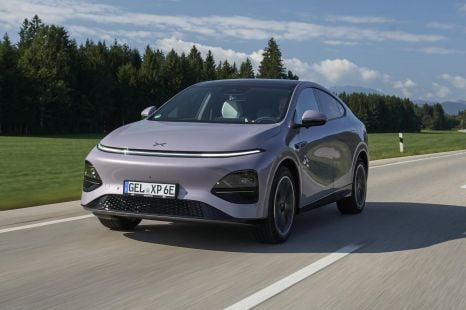

Neil Briscoe
2026 Xpeng G6 AWD Performance review: Quick drive
4 Days Ago
Polestar says ‘scaremongering’ comments won’t diminish the importance of Australia’s New Vehicle Efficiency Standard.

Deputy News Editor
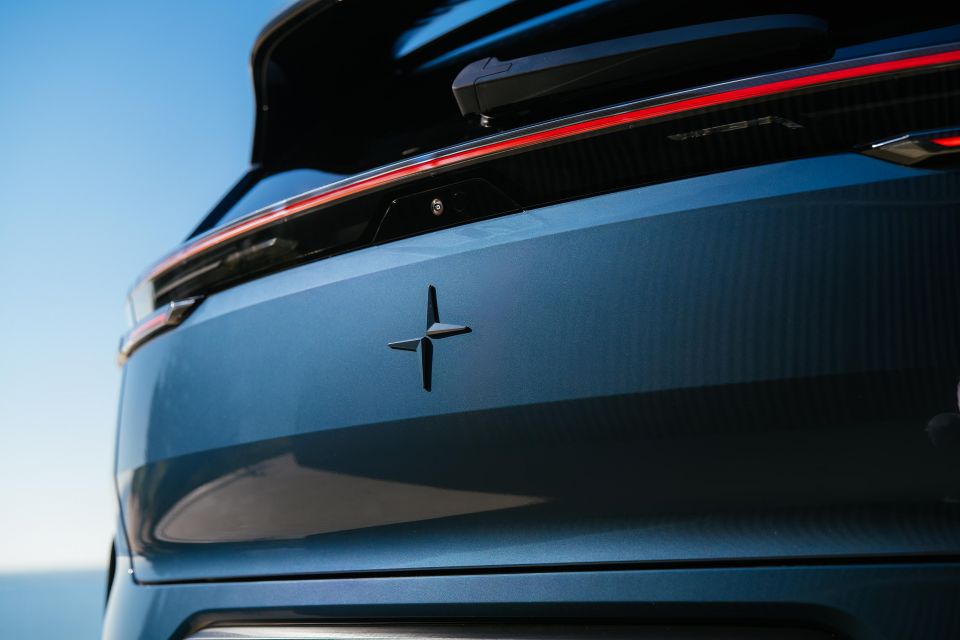

Deputy News Editor
The boss of electric vehicle (EV) brand Polestar Australia disagrees with recent comments from Mitsubishi Australia criticising Australia’s vehicle emission reductions scheme.
Speaking to CarExpert and other outlets during a media round table, Polestar Australia managing director Scott Maynard said he disagreed with the Mitsubishi Australia CEO Shaun Westcott’s suggestion new emissions penalties are ‘naive’.
“I don’t agree with that at all,” Mr Maynard said.
“We are now one of the last remaining developed countries that don’t have legislation or do much to encourage the lowering of vehicle emissions.
Hundreds of new car deals are available through CarExpert right now. Get the experts on your side and score a great deal. Browse now.
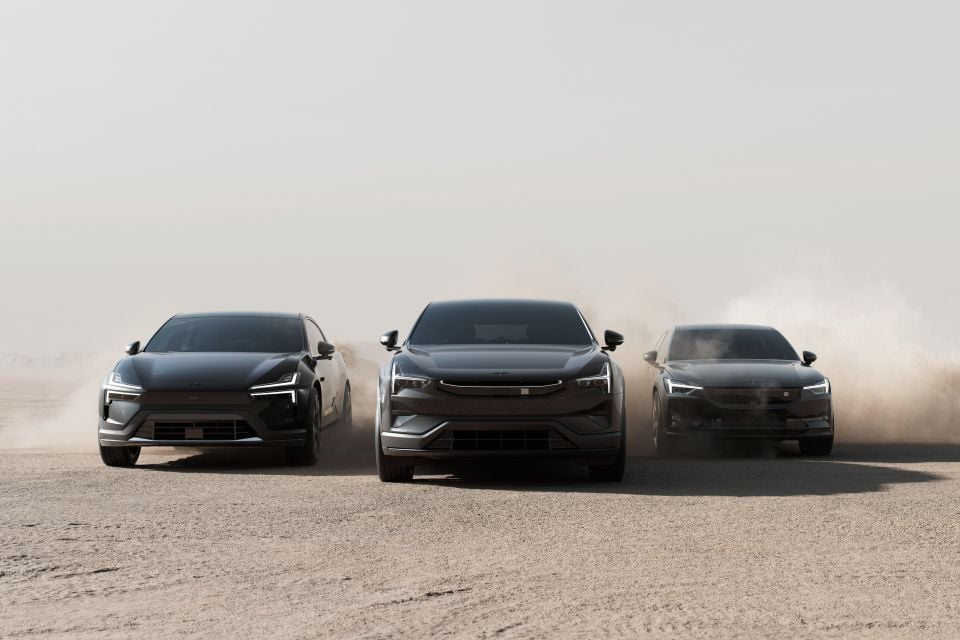
“The fact that we’ve taken this long is something we really shouldn’t be proud of; the fact that we’re now doing it is something we should [be proud of]; and the fact that doesn’t suit the Mitsubishi doesn’t really surprise me.”
The New Vehicle Efficiency Standard (NVES) was introduced on January 1, 2025 and put in place carbon-dioxide emissions reduction targets for the next five years.
Fines for manufacturers whose overall fleet of new vehicles sold exceeds the set limits became enforceable on July 1, 2025.
Mr Maynard, an Australian automotive industry veteran who has worked at JLR, Audi and BYD, took over as managing director of Polestar Australia in June 2024 and has been a vocal NVES supporter.

Under previous boss Samantha Johnson, Polestar Australia – along with US electric car brand Tesla – quit the Federal Chamber of Automotive Industries (FCAI) in March 2024 over what it said were attempts “to deliberately slow the car industry’s contribution to Australia’s emissions reduction potential”.
Mitsubishi is a member of the FCAI, with Mr Westcott on its board of directors alongside industry colleagues from Mazda, Nissan, Mercedes-Benz and Jaguar Land Rover.
While Polestar’s entire range is made up of EVs – a position its global boss recently reiterated the company would maintain despite other brands moving towards hybrids instead – Mitsubishi Australia doesn’t currently sell any EV models here.
It was an early pioneer, offering the Mitsubishi i-MiEV city-sized electric hatch – with 155km of range and a 47kW electric motor at $48,800 before on-road costs – in Australia, selling 235 between 2010-2012.
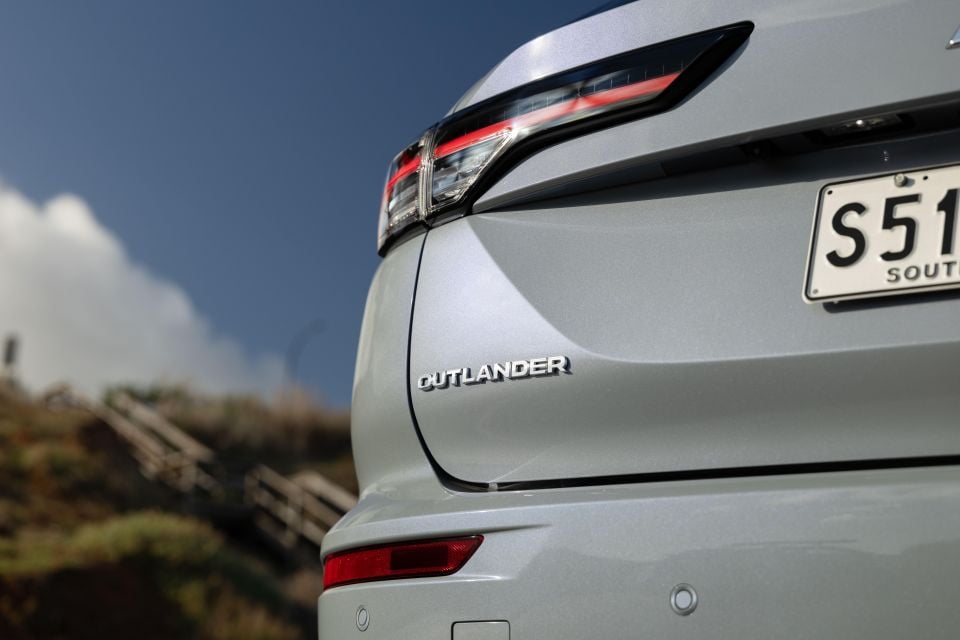
In Japan, Mitsubishi currently sells the battery-electric eK X (EK ‘cross’) and Minicab EV models, both ‘kei’ category ultra-compact city vehicles.
It has confirmed, however, it’ll launch a new EV here in 2026, developed with Taiwanese firm Foxtron.
“If most of these brands are able to service these [emissions] requirements in all of the other markets that they can be in, there’s no real reason why they can’t do it here, and I don’t think they need the sort of scaremongering comments that they’ve made,” said Mr Maynard.
Speaking at the recent launch of the Mitsubishi Outlander SUV, which includes one of Australia’s best-selling plug-in hybrid models in its lineup, Mr Westcott suggested NVES and its fines for automakers wouldn’t increase EV take-up.
“I think there’s a degree of naivety that thinks that if you just penalise us as [manufacturers], all of us, that somehow that’s miraculously going to change the market,” the Mitsubishi boss said.
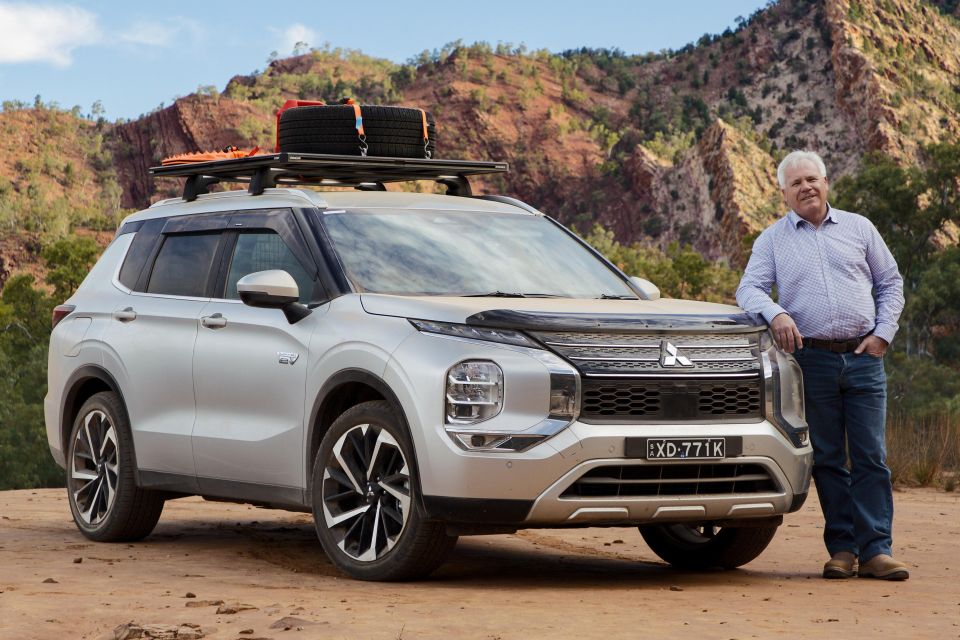
The Mitsubishi boss said the company was concerned about the environment – and said emissions should be reduced – yet said despite a wider choice of EVs, “battery-electric vehicles are still in [low demand]”.
Sales figures of EVs in Australia reveal a marginal fall in 2025, with 47,245 delivered to the end of June compared to 50,905 over the same period last year, with market share down from 8.0 per cent to 7.6 per cent.
Mr Westcott said the federal government hadn’t spent enough on infrastructure to make the switch to EVs realistic for Australian new-car shoppers, saying NVES was “not going to change the equation because there are other pieces of the puzzle that are missing”.
Polestar, in contrast to Mitsubishi, will earn credits given its all-electric lineup emits no carbon dioxide emissions.
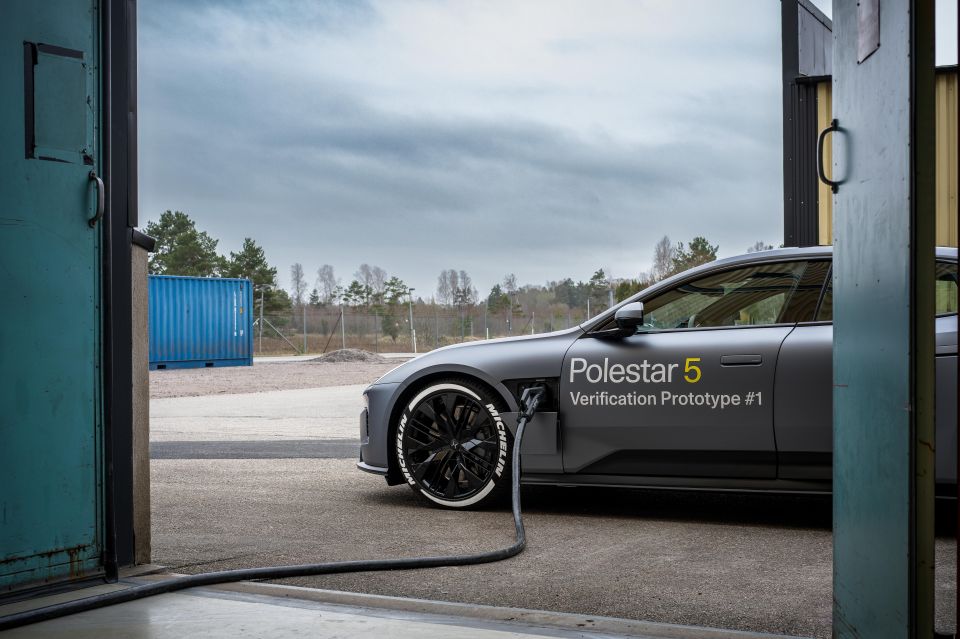
“It would make sense to sell those credits out for no other reason to make good on the intention of that legislation, to make those manufacturers that don’t embrace NVES pay for it,” said Mr Maynard.
“I don’t think there’s harm in being one of the brands to make sure it happens.”
He also said the low targets of NVES mean the credits have little financial value.
“I don’t think it’s [the value of the credits] going to be that high, only because the standards –particularly in the industry here – are low enough that most brands can comfortably slide underneath them.”
The Polestar boss suggested most brands in Australia could easily achieve the targets with tweaks to their product lineups and pricing.
“Again, there’s been a huge word cloud of concerns about NVES, but now it’s here, and the job is to knuckle down and get it done, I like to think that it’s well within the reach of most of the brands operating this country,” he said.
MORE: Everything Polestar
MORE: Mitsubishi boss slams federal emissions regulations, “naivety” around EVs
Damion Smy is an automotive journalist with several decades of experience, having worked for titles including Car and Auto Express magazines in the UK, and Wheels and Motor magazines in Australia.


Neil Briscoe
4 Days Ago
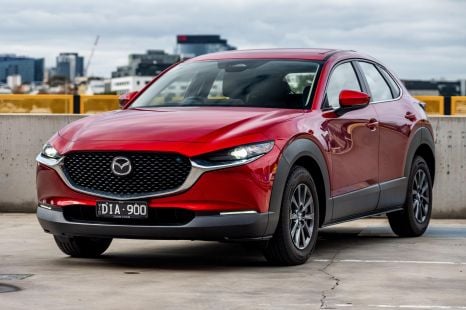

Max Davies
3 Days Ago
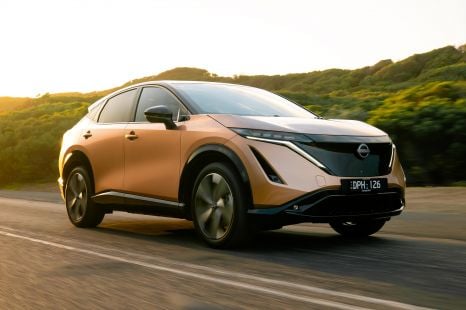

James Wong
2 Days Ago
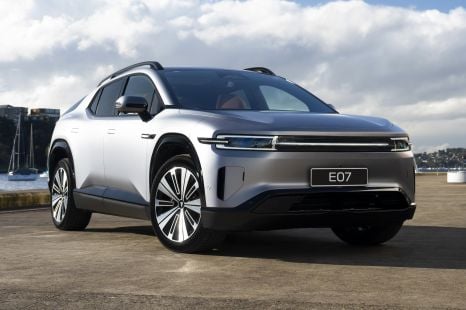

William Stopford
2 Days Ago
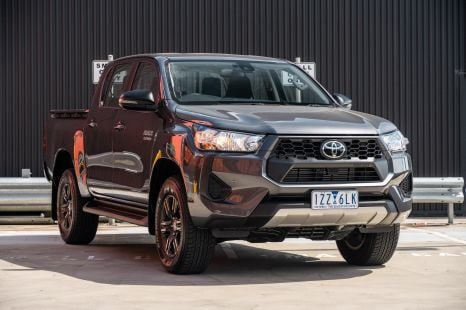

Josh Nevett
17 Hours Ago
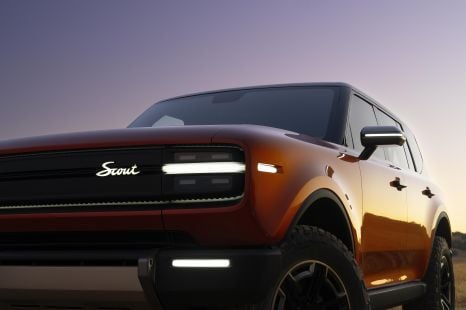

Ben Zachariah
14 Hours Ago